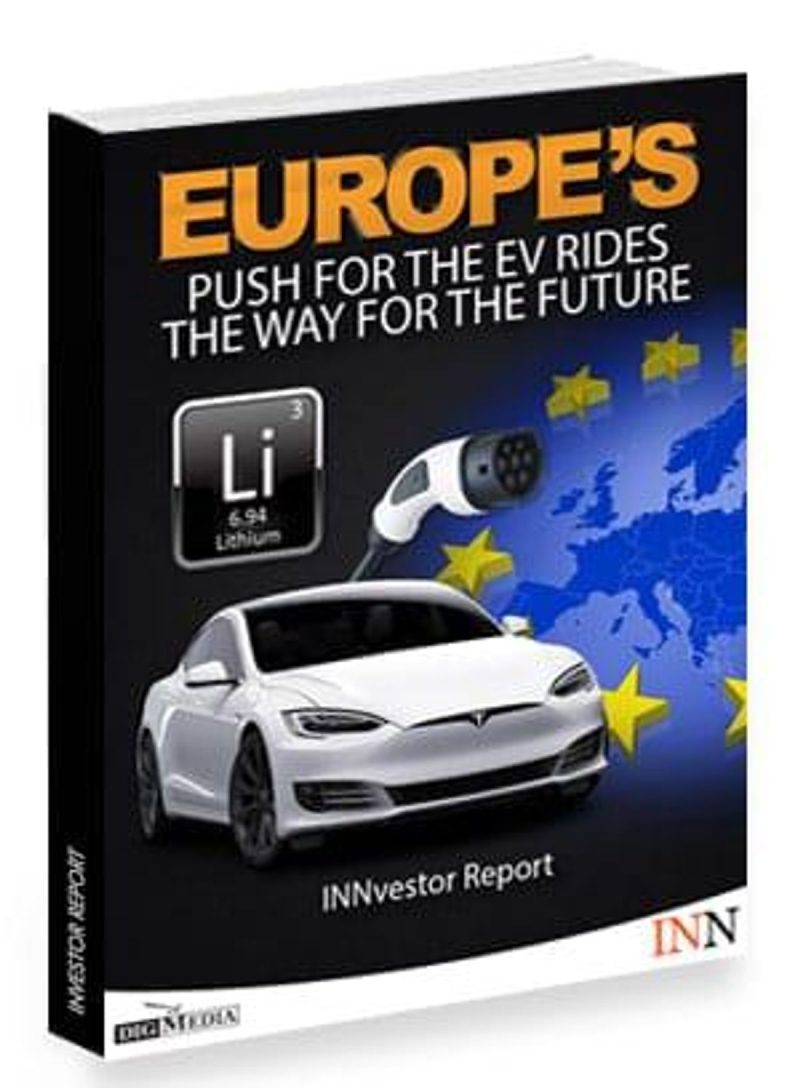The European continent has always been a protagonist in the world’s automobile industry. Now, as the world gravitates towards sustainability, Europe is maneuvering through an electrified transformation of the auto industry. The push for Electric Vehicles (EVs) in Europe is not just a fad, but a strategic move for a cleaner and more sustainable future.
Over the past few years, Europe has been witnessing an influx of regulations favoring EVs. The European Union has set aggressive targets to reduce carbon emissions, paving the way for the surge in EVs. As part of the Green Deal, by 2030, the EU intends to cut emissions by 55%, which necessitates an increasing number of zero-emission vehicles on the road. This ambitious target has led to a significant increase in the production and sales of EVs across Europe, sparking a transformation in the auto market.
European countries are placing an emphasis on promoting the use of EVs through burgeoning public infrastructures, such as charging stations. Governments are reducing the cost of ownership of EVs through subsidies and tax exemptions, making EVs more appealing to the populace. Moreover, investment in charging infrastructure is skyrocketing, encouraging both domestic and international automakers.
Norway provides an exemplar of this push. In 2020, electric vehicles accounted for more than half of all new car sales, a global milestone in the shift from fossil-fuel guzzling engines. This electrifying success was largely the result of government policies that made EVs cheaper to buy and more practical to own in the long term.
The push for EVs is not only tied to emission reductions, but also to economic opportunities. Europe is home to many leading automakers, such as BMW, Volkswagen, Mercedes-Benz, and Renault. These corporations are now reinventing themselves as EV manufacturers. They are investing heavily in research and development (R&D) to create advanced EV technologies that can outstrip their conventional engine counterparts.
European auto giants are revolutionizing the EV sector with innovative developments. For instance, Volkswagen plans to launch over 70 new electric models by 2030. The Renault-Nissan-Mitsubishi alliance aims to introduce 12 new zero-emission electric vehicles, powered by advanced EV technologies such as solid-state batteries. These efforts illustrate the competitive and vibrant nature of the EV market in Europe.
Worthy of mention is Tesla’s Gigafactory in Berlin. Elon Musk’s ambitious European project, once operational, will further spur European EV transformation by providing affordable and high-performance EVs. This will provide more options for European customers and further drive the shift to electric vehicles in the region.
Moreover, startups are also capitalizing on the EV wave, adding another dynamic dimension to the EV ecosystem in Europe. Rapidly growing startups like Rimac Automobili and Arrival are not only designing EVs but are also providing innovative solutions to the challenges facing the EV market, such as battery technology and charging infrastructure.
The journey to full electric mobility is not devoid of challenges. High production costs, range anxiety due to inadequate charging infrastructure, and battery technology constraints are issues to be contended with. Despite these hurdles, the European EV market’s rise has been nothing short of remarkable, underpinned by strong political will, burgeoning infrastructural development, and booming automotive industry buy-in.
In conclusion, Europe is riding on the electrification wave, transforming its transportation landscape and redefining the future of mobility. The increasing EV adoption in Europe signals a promising sustainable future where clean energy-powered vehicles are no longer the exception, but the norm.











